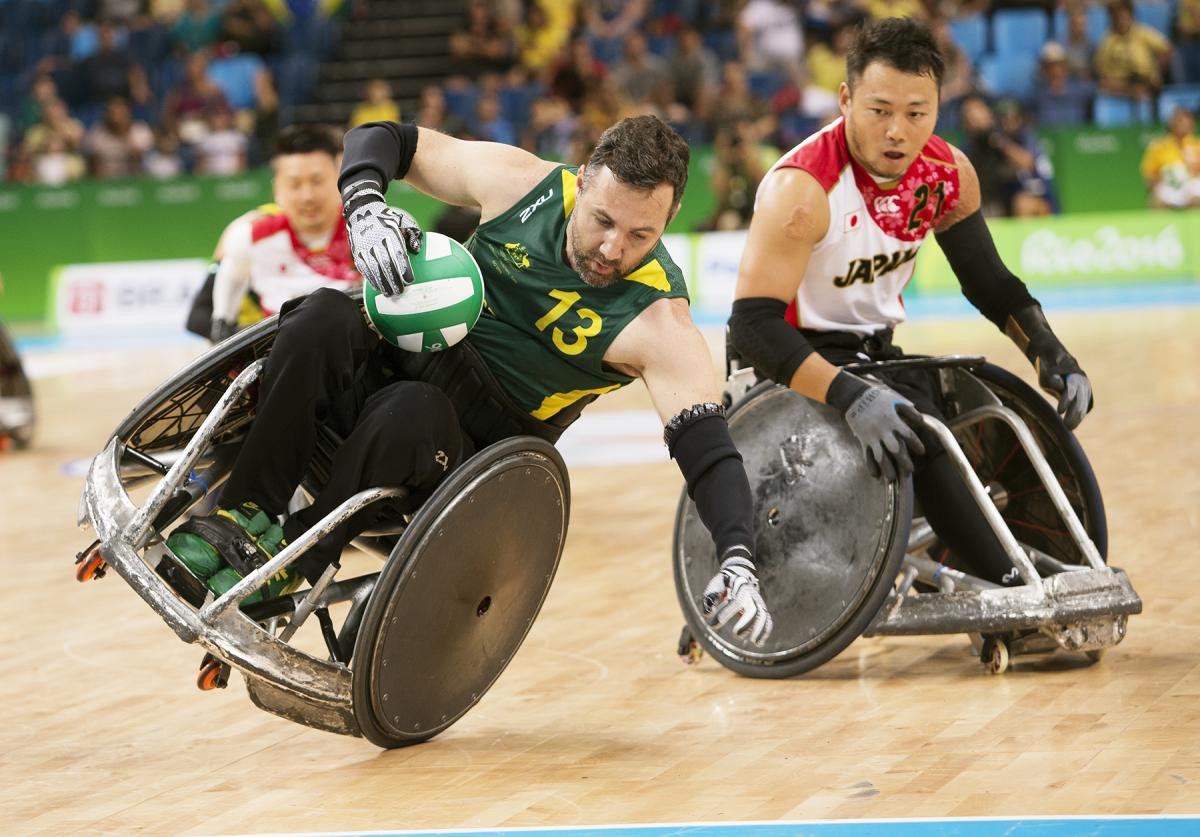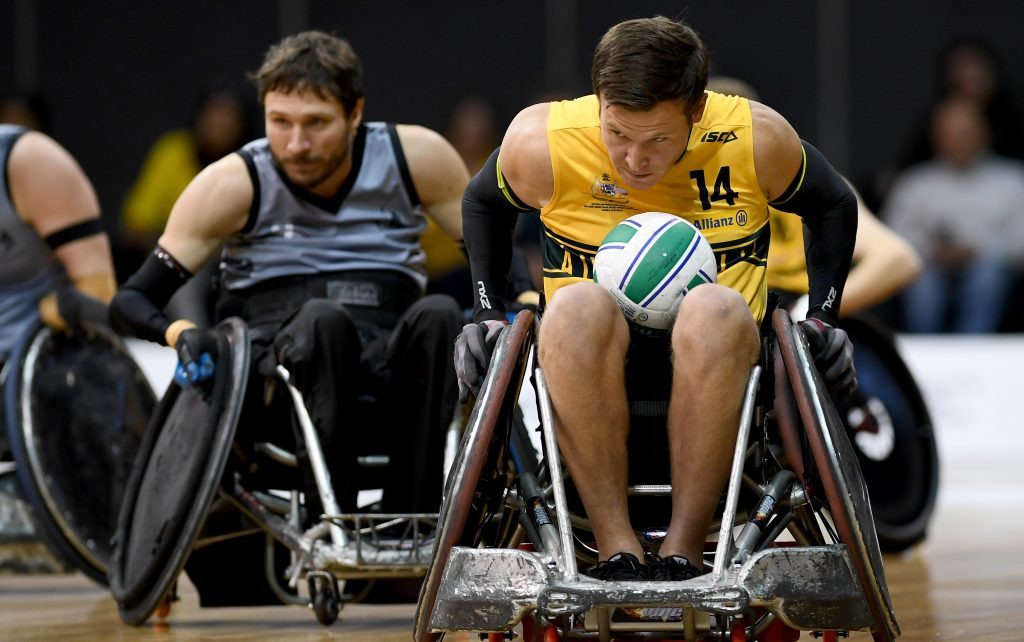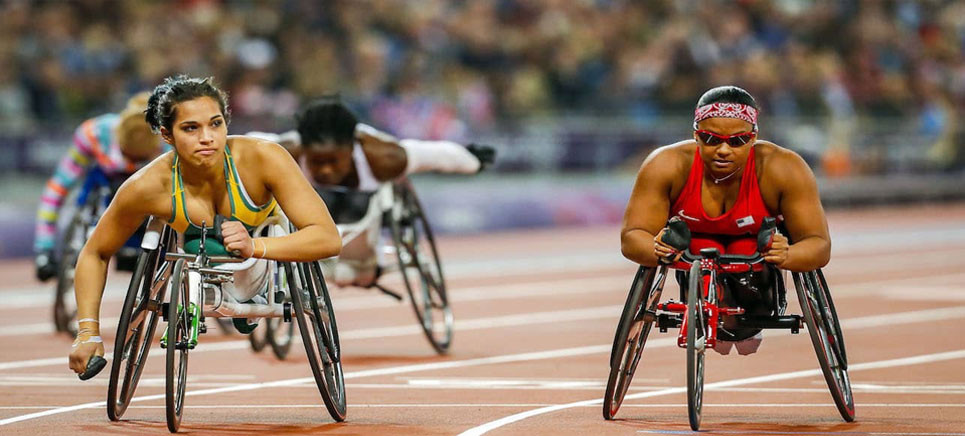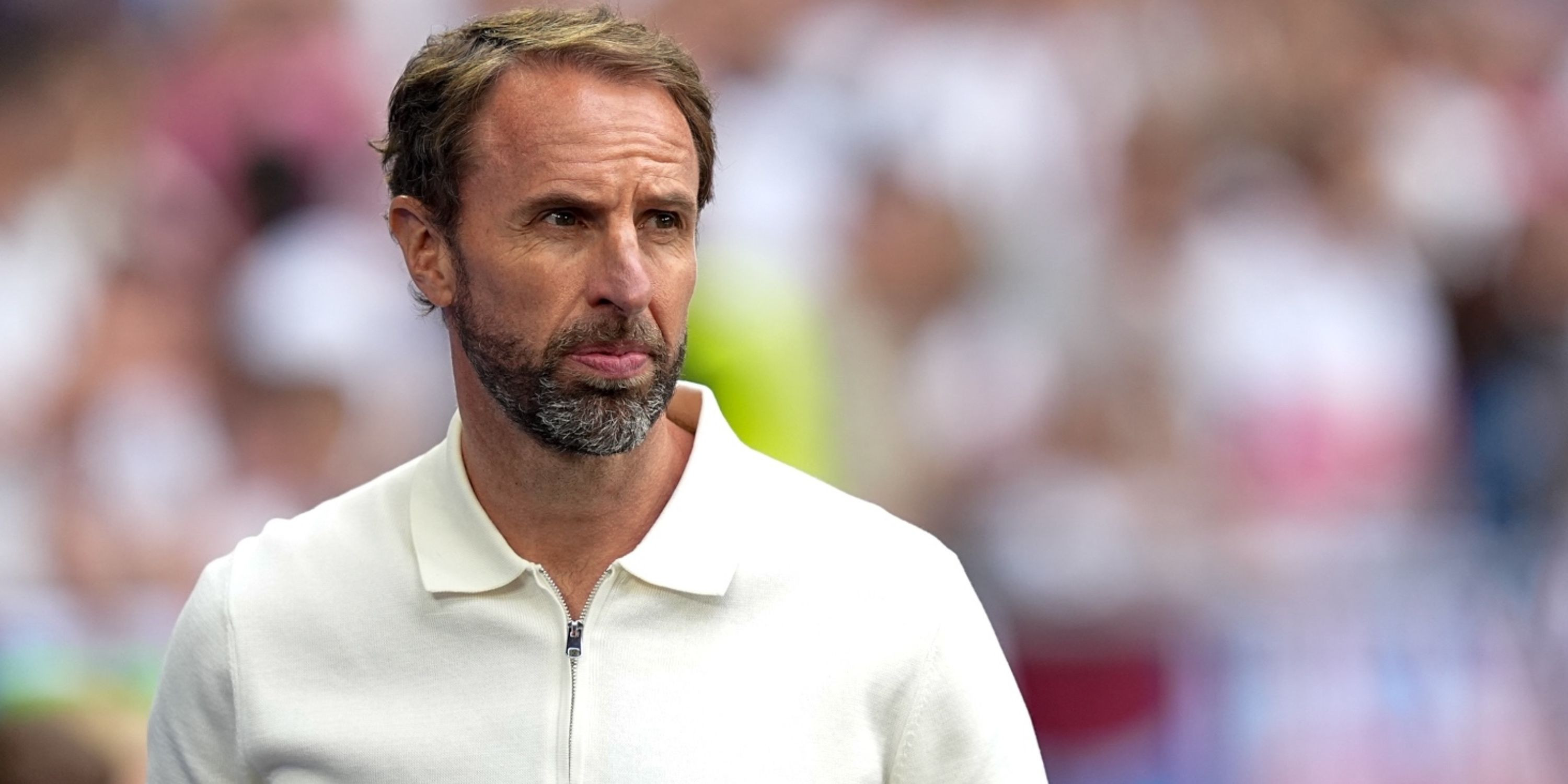As Australian wheelchair rugby player Ella Sabljak hit the court for the sport’s first game of the Paris Paralympics, the crowd erupted. Sabljak is one of three women selected to be part of the Steelers’ 12-player Paralympics squad – a record for the sport – and she was the first to join the game against defending champions Great Britain. Wheelchair rugby, a brutal high-contact sport punctuated by the sounds of smashing metal, is among the most popular events of the Paralympics, and the Aussies debuted before a packed Champs de Mars arena, near the Eiffel Tower.
It was a high-pressure game for the Steelers, who are now ranked number one globally and have been determined to bring home gold ever since a devastating fourth place finish in Tokyo after winning back-to-back in London and Rio. But the team lost 58-55 in a tight contest that saw them struggle to take control of the game.
After keeping pace with the British during the first half, the third quarter proved particularly challenging for the Steelers, and they fell behind by three points. At one point, Sabljak cradled her head in her hands. Not long after giving away a penalty, she dropped the ball upon receiving a crucial pass, and it was turned over back to Britain. “When the ball just slipped out of my hands and bounced off my chest, I was gutted because I value that possession so much. And it’s the big picture, you don’t want to let the team down,” Sabljak said.
But she quickly bounced back, scoring a try under a minute later – an impressive feat given 36 of Australia’s tries were landed by Steeler of 21 years, Ryley Batt, and 12 were scored by captain Chris Bond. Sabljak smiles as she recounts that moment: “Another day in the office.”
The Impact of Women in Wheelchair Rugby
Great Britain does not have any women on its team in Paris, and there are only eight women across the squads from eight different countries. Sabljak said this was a real shame. The former wheelchair basketballer switched to rugby after Tokyo, where Shae Graham was the first woman to represent Australia as part of the Steelers. “It’s been a pretty male-dominated sport for so long, and the women who come through add such a different perspective and depth,” she said. “We’re definitely paving the way in Australia and I think other teams need to catch up, understand and recognise that women add value to the game. We’re not burdens, we’re not different, we’re not difficult. We are elite athletes amongst other elite athletes.”
Sabljak said the mixed-gender element was now embedded into the team’s strategy and she hoped it sent a message to other aspiring female athletes that there was nothing holding them back from “playing with the boys” in wheelchair rugby. Women also offer a certain edge due to the sport’s points system involved in selecting players for the court.
The Points System and Its Impact on Women's Participation
Players are assigned a classification value of between 0.5 and 3.5 according to their disability – the lower the number, the higher the level of impairment. The four players on the court cannot exceed a combined total of 8 points, unless there is a woman in the court, in which case the maximum increases by 0.5 points per female playing. “I definitely think it increases our chances of participating,” Sabljak said. “We need to be able to provide opportunities for women to get there and if it’s that 0.5 bonus that the team has, that’s what it is.”
Looking Ahead: The Steelers' Road to Redemption
Australia will be fighting for a place in the semi-finals when the team plays France in the group stage on Thursday evening (Paris time), followed by Denmark the next day. Bond said it was “not ideal” to lose game one. “That’s the one we had a vision to win to set us up for later in the competition, but it’s not the end. We’ve done this before at big competitions; lost the first game and gone on to win,” he said. “It was pretty even most of the game… We almost turned it over and just made some errors at the wrong time.”
Bond said he felt energised ahead competing against the host country’s team, with an audience that is no doubt going to be very raucous, and very one-sided. “The nerves are gone, we just have to go flat out and get the French,” Bond said. “We’re going to try to relish this crowd. We’re Paralympic athletes, we don’t always get crowds. It’s going to be bloody loud.”
The Future of Wheelchair Rugby: A Mixed-Gender Sport With Potential
The inclusion of women in wheelchair rugby is a testament to the sport's evolution and commitment to inclusivity. The Steelers' performance, despite the loss, signifies the growing presence of women in this high-contact sport, and their determination to make a mark on the international stage. As the Paralympic Games unfold, the world will be watching to see how these inspiring athletes, including Sabljak, pave the way for future generations of women in wheelchair rugby.



















